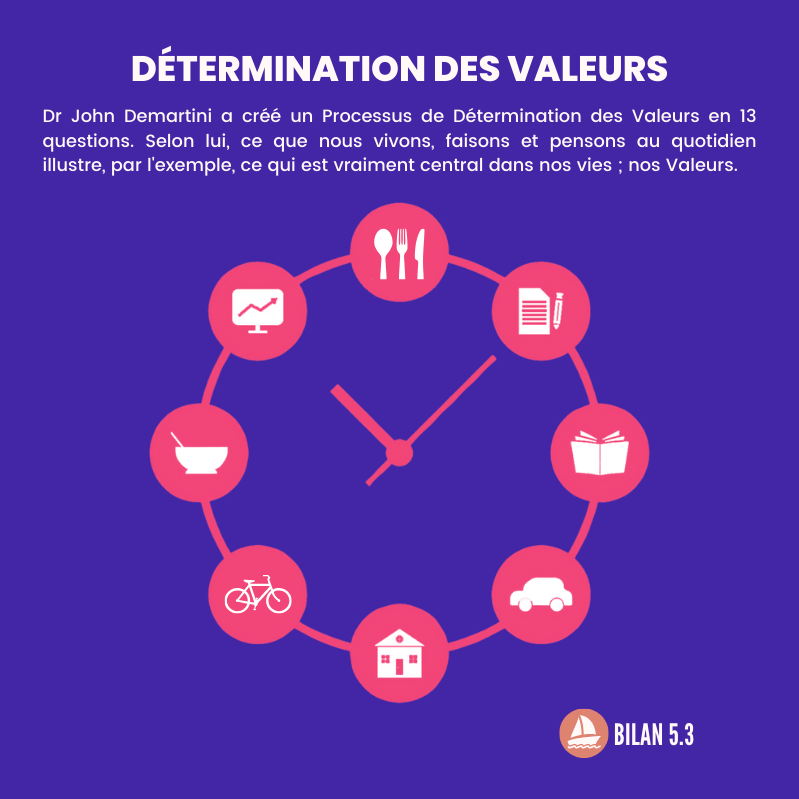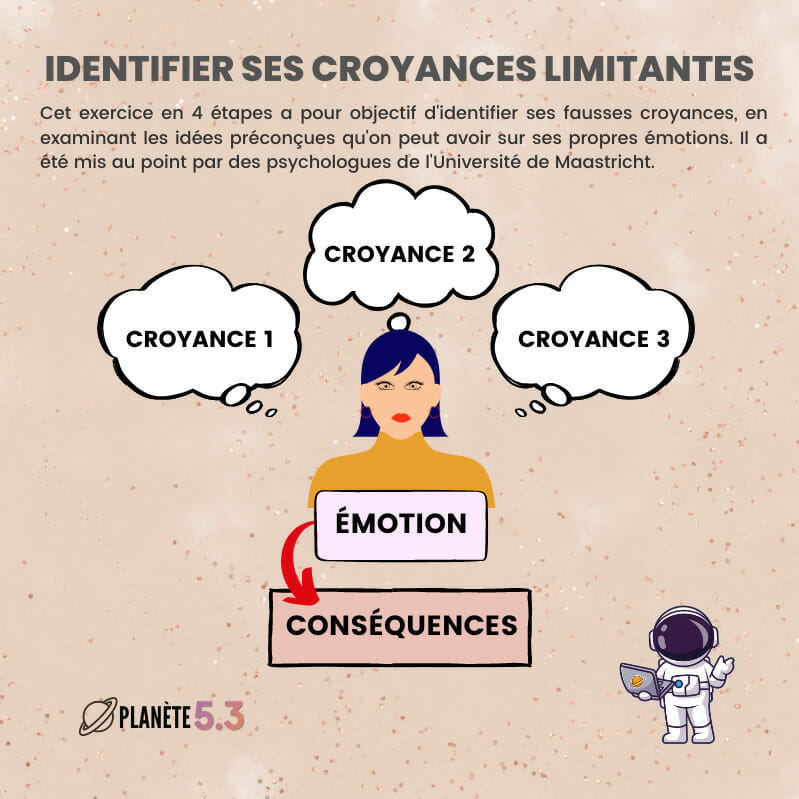
Australian researchers have identified the gene that causes a very aggressive type of breast cancer.
Breast cancer is the most diagnosed cancer in women around the world, both before and after menopause. One in 9 women will develop breast cancer in her lifetime and 1 in 27 women will die from it. In France, around 60,000 cases of breast cancer are diagnosed and 80% of these breast cancers are probably “hormone-dependent”, that is to say they develop in response to exposure to certain types of breast cancer. hormones.
A protein that acts as a sort of “survival kit”
Researchers at the University of Western Australia published their research in the trade journal Nature Communications on March 26, 2021. By analyzing nearly a hundred samples, scientists decided to attack part of a chromosome that was already well known in the world of science for its “Oncogenes“, Genes that can potentially cause cancer. These disease-causing genes – make protein at higher than normal levels. This protein was named “AAMDC” (for Adipogenesis Associated Mth938 Domain Containing). To better uncover the secrets of AAMDC, the researchers carried out an experiment with rodents. In experiments with mice, it appears that this protein stimulates tumor growth and that it can also protect cancer cells against treatment. Australian scientists have concluded that the AAMDC protein can reprogram the metabolism of cancer cells, start their growth and make cells more modulable even when estrogen is lacking. “We believe that the function of AAMDC in the tumor is to act as a kind of survival kit, which allows tumors to adapt to the conditions and support their growth as well as the multiplication of cancer cells.“Explain the authors of the study. Not only does this protein represent a new therapeutic avenue but also, these results could apply to other cancers since we find the same amplification of AAMDC in prostate, lung and ovarian cancers.. “What is important is that we can now find these cancers by looking at the levels of AAMDC in cancer cells” emphasize the researchers.















